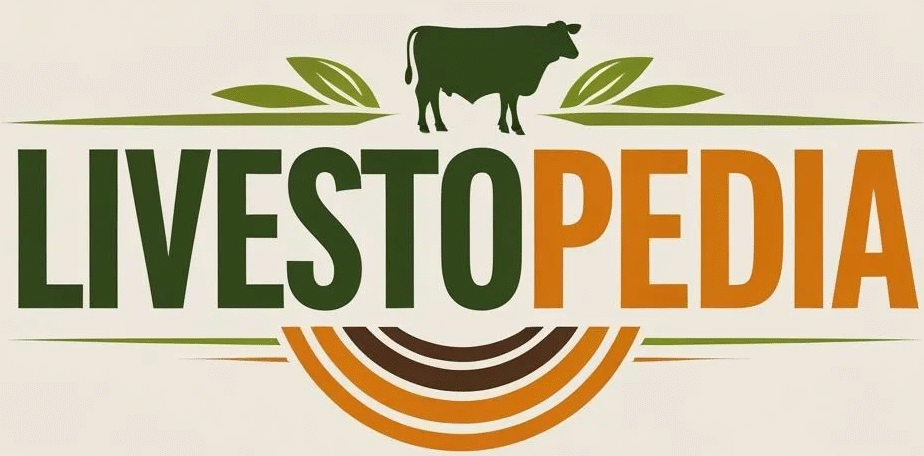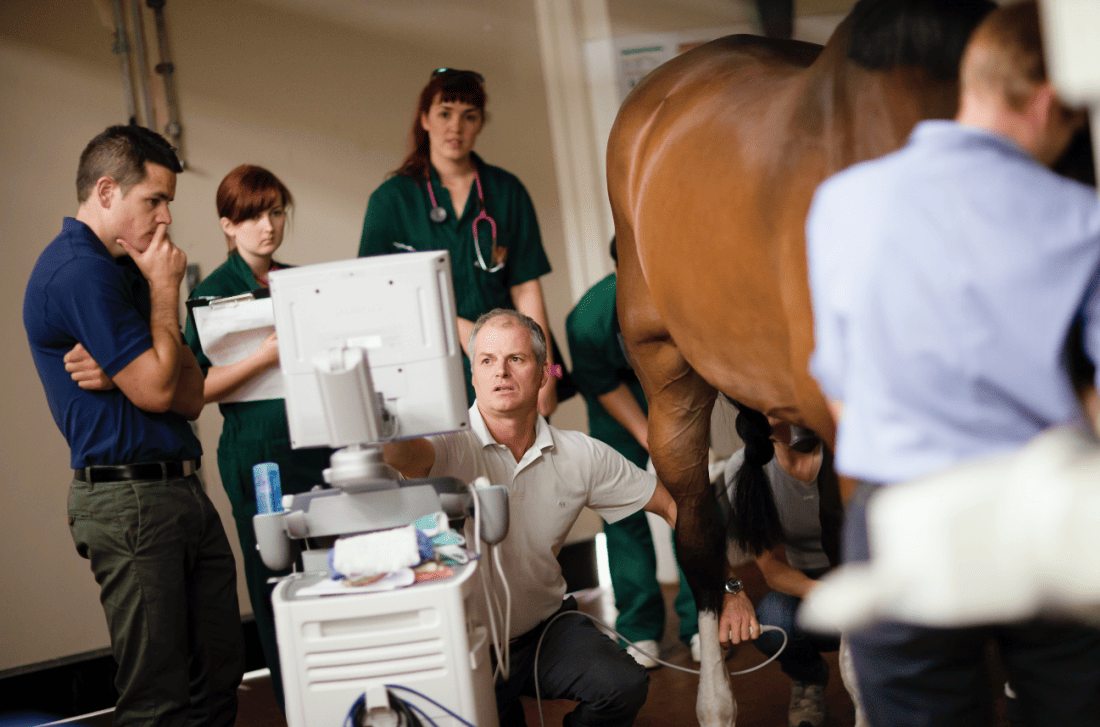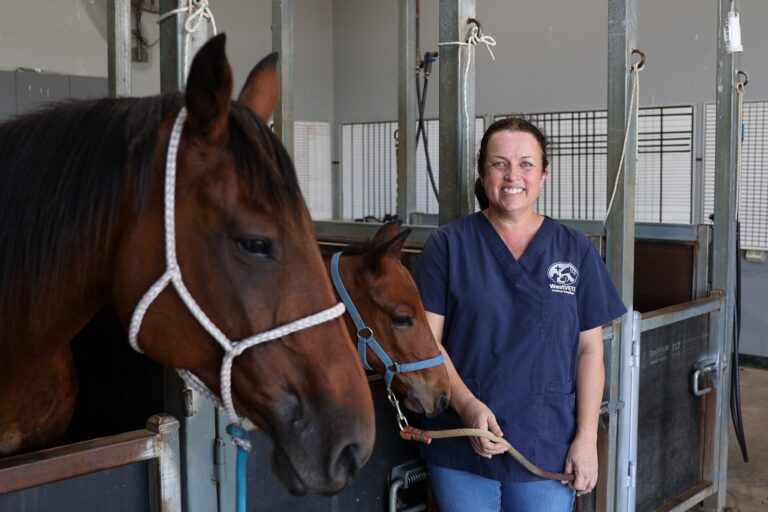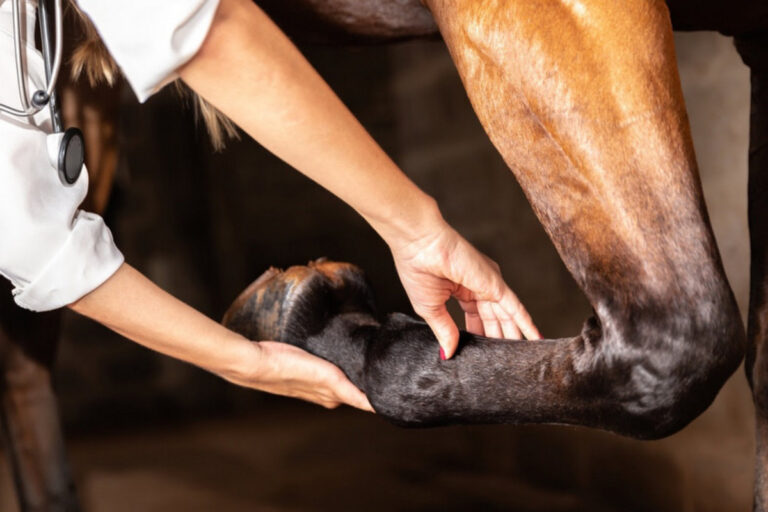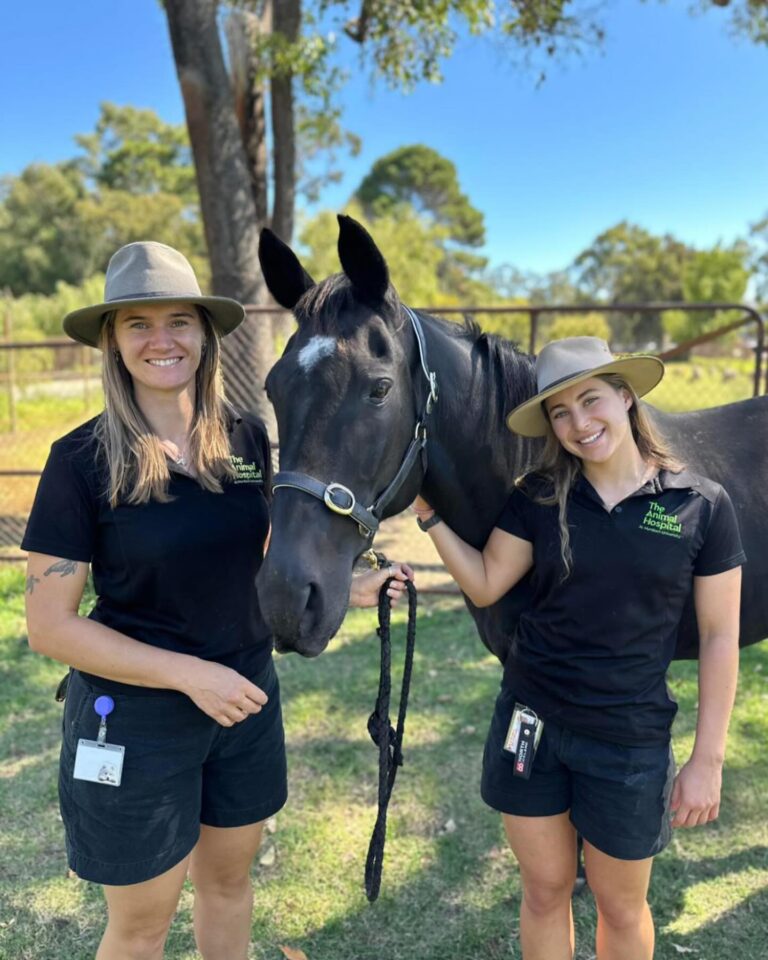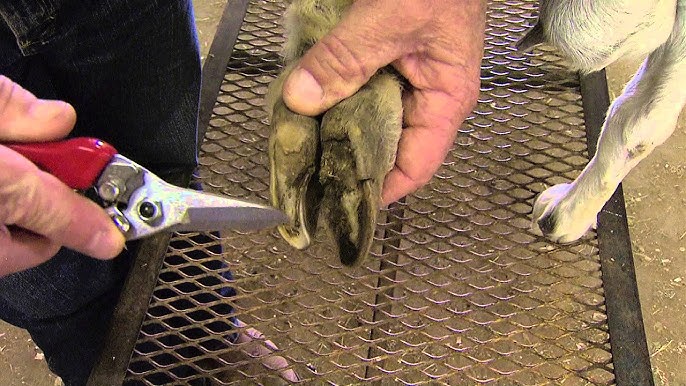For horse owners, ensuring your equine companion receives top-tier medical care is a priority, and understanding the accreditation and licensing requirements for equine veterinary hospitals in Australia is key to making informed choices.
Accredited and licensed hospitals offer a level of trust and expertise critical for everything from routine check-ups to emergency surgeries. Accreditation and licensing ensure that equine veterinary hospitals meet rigorous standards for facilities, staff qualifications, and animal welfare.
This guide explores the accreditation and licensing landscape. It provides practical insights to help horse owners select a reliable hospital. By knowing what to look for, you can ensure your horse receives the best possible care.
What Are Accreditation and Licensing for Equine Veterinary Hospitals?
Accreditation and licensing are formal processes that verify a veterinary hospital’s ability to deliver high-quality care while adhering to legal and professional standards. Licensing, managed by state and territory veterinary boards in Australia, ensures veterinarians are qualified to practice and that facilities comply with local regulations.
Accreditation, often voluntary, involves evaluation by independent bodies to confirm excellence in care, equipment, and operations. For equine hospitals, these standards are crucial due to the specialized nature of horse care, which requires advanced diagnostics and surgical capabilities.
These credentials directly impact the quality of care your horse receives. Below, we’ll dive into the specifics of licensing, accreditation, and how they apply to equine veterinary hospitals in Australia.
Veterinary Licensing in Australia
In Australia, veterinary licensing is regulated at the state and territory level to ensure that veterinarians and their facilities meet legal requirements to practice. The Australasian Veterinary Boards Council (AVBC) oversees the accreditation of veterinary schools, ensuring graduates are eligible for registration as veterinary surgeons across Australia and New Zealand.
Each state has its own veterinary board, such as the Veterinary Surgeons Board of Western Australia or the Veterinary Practitioners Board of New South Wales, which issues licenses to veterinarians after verifying their qualifications, typically a Bachelor of Veterinary Science or a Doctor of Veterinary Medicine.
For equine veterinary hospitals, licensing extends beyond individual veterinarians to the facility itself. Hospitals must comply with state regulations on hygiene, equipment, and record-keeping. Licensing also requires veterinarians to maintain continuing professional development (CPD), to ensure they stay updated on equine medicine advancements, which is critical for treating complex cases like lameness or reproductive issues.
Horse owners can verify a veterinarian’s license through state board websites, such as the Veterinary Board of Victoria, which list registered practitioners. This step is essential to avoid unqualified providers, especially in rural areas where oversight may be less stringent. Licensing provides the baseline assurance that a hospital operates legally and professionally.
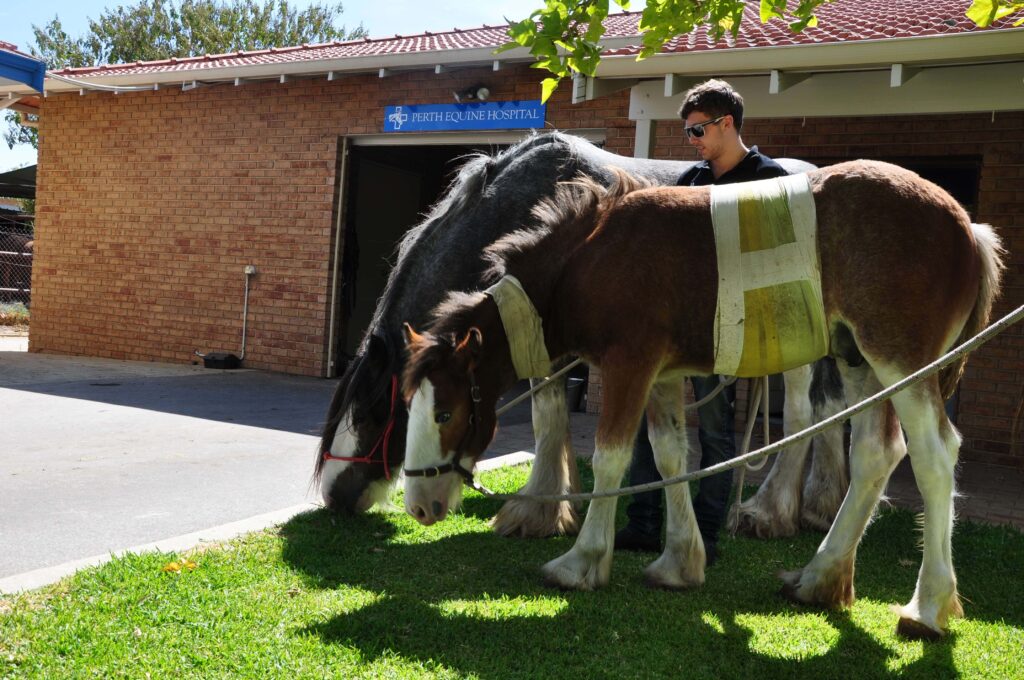
Veterinary Accreditation in Australia
While licensing is mandatory, accreditation is a voluntary process that demonstrates a hospital’s commitment to excellence. In Australia, the Australian Small Animal Veterinarians (ASAV), a division of the Australian Veterinary Association (AVA), offers the AVHS Manual of Hospital Standards and Accreditation, which sets benchmarks for companion animal hospitals.
Although primarily focused on small animals, these standards provide a framework for equine hospitals, with emphasis on areas like surgical facilities, anesthesia protocols, and staff training.
International bodies like the American Animal Hospital Association (AAHA) also accredit veterinary hospitals globally, evaluating over 900 standards of care, though AAHA accreditation is less common in Australia’s equine sector.
Accreditation involves rigorous evaluations, often every three years, to ensure hospitals maintain high standards. For equine facilities, this might include verifying the presence of advanced diagnostic tools like MRI or CT scanners, padded recovery stalls, and isolation units for infectious diseases. Accredited hospitals are more likely to adopt evidence-based protocols, improving outcomes for complex cases.
For horse owners, choosing an accredited hospital offers peace of mind, as it signals a commitment to quality beyond basic licensing requirements. However, not all equine hospitals pursue accreditation due to the time and cost involved, so it’s worth asking facilities about their credentials and standards.
Specialized Accreditation for Equine Veterinary Hospitals
Equine veterinary hospitals often require additional certifications due to the unique demands of horse care. For example, hospitals offering reproductive services, like Scone Equine Hospital or Goulburn Valley Equine Hospital, may hold certifications for artificial insemination or embryo transfer programs. These certifications ensure compliance with biosecurity and ethical standards, critical for Australia’s thoroughbred breeding industry, which contributes over $1.6 billion annually.
Some hospitals also seek accreditation through programs like the National Veterinary Accreditation Program (NVAP), which, while primarily U.S.-based, influences global standards for veterinarians handling interstate or international horse transport. NVAP-accredited veterinarians issue Certificates of Veterinary Inspection (CVIs), required for moving horses across state lines or internationally, ensuring no contagious diseases are spread. An NVAP-accredited veterinarian can be relied on to issue a CVI for a mare shipped to New Zealand, in compliance with international health standards.
Specialized accreditations demonstrate a hospital’s expertise in niche areas, such as equine surgery or reproduction, making them a top choice for breeders and racehorse trainers. Horse owners should inquire about these credentials when selecting a hospital for specialized care.
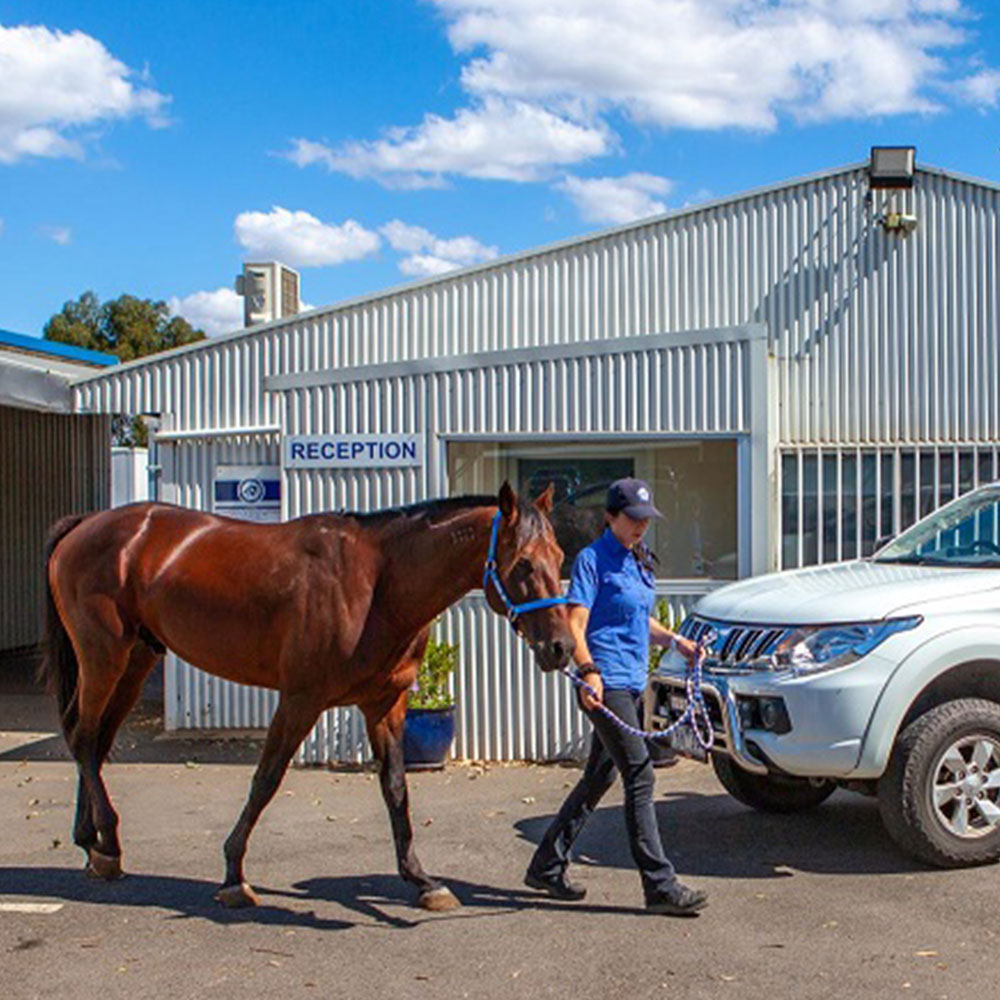
The Role of Regulatory Bodies in Licensing and Accreditation
Several regulatory bodies oversee licensing and accreditation in Australia, ensuring equine veterinary hospitals operate at high standards.
The AVBC sets national guidelines for veterinary education and registration, ensuring consistency across states. State veterinary boards, such as the Veterinary Practitioners Registration Board of Victoria, enforce licensing requirements and handle complaints against veterinarians, protecting horse owners from substandard care. These boards also require veterinarians to report changes in their licensing status, such as expirations or relocations.
International bodies, like the World Organisation for Animal Health, influence Australian standards by setting global benchmarks for animal welfare and disease control. For example, their guidelines on equine influenza management shape hospital protocols for isolation and biosecurity. Horse owners can trust hospitals aligned with these regulatory bodies to deliver safe, ethical care.
To verify a hospital’s credentials, check its registration with state boards and inquire about affiliations with national or international veterinary organizations. This due diligence ensures your horse is treated by a facility that meets both local and global standards.
Why Horse Owners Should Check for Accreditation and Licensing
Accreditation and licensing directly impact the quality of care your horse receives. Licensed veterinarians are legally accountable, reducing the risk of negligence, while accredited hospitals go further by adhering to best practices in areas like pain management and surgical hygiene. A 2021 study by global veterinary researchers found that accredited facilities had a 20% lower rate of post-surgical complications compared to non-accredited ones.
These credentials also ensure compliance with welfare standards, critical in an industry under scrutiny. For instance, equine hospitals supporting racing must adhere to Racing Australia’s doping and welfare regulations, ensuring ethical treatment.
For horse owners, choosing a licensed and accredited hospital means better outcomes, whether for routine care or emergencies like colic, which affects 10–15% of horses annually.
Practical Steps for Horse Owners to Verify Credentials
To ensure you’re selecting a reputable equine veterinary hospital, follow these steps:
- Check Licensing: Verify the hospital’s veterinarians are registered with your state’s veterinary board. Websites like the Veterinary Surgeons Board of WA provide searchable databases.
- Inquire About Accreditation: Ask if the hospital is accredited by bodies like ASAV or AAHA, and request details on their evaluation process.
- Research Specialized Certifications: For breeding or international transport, confirm certifications like NVAP or AI Centre registration.
- Visit the Facility: Tour the hospital to assess equipment, cleanliness, and staff professionalism.
- Seek Reviews: Check online forums or social media groups for horse owner experiences with hospitals like UQ VETS or Scone Equine Hospital.
These steps will help you choose a hospital for your horses and ensure they received care from licensed professionals in a well-equipped facility. Costs for accredited hospital services can vary, with major procedures like colic surgery ranging from AUD 5,000–15,000, so consider equine insurance to manage expenses.
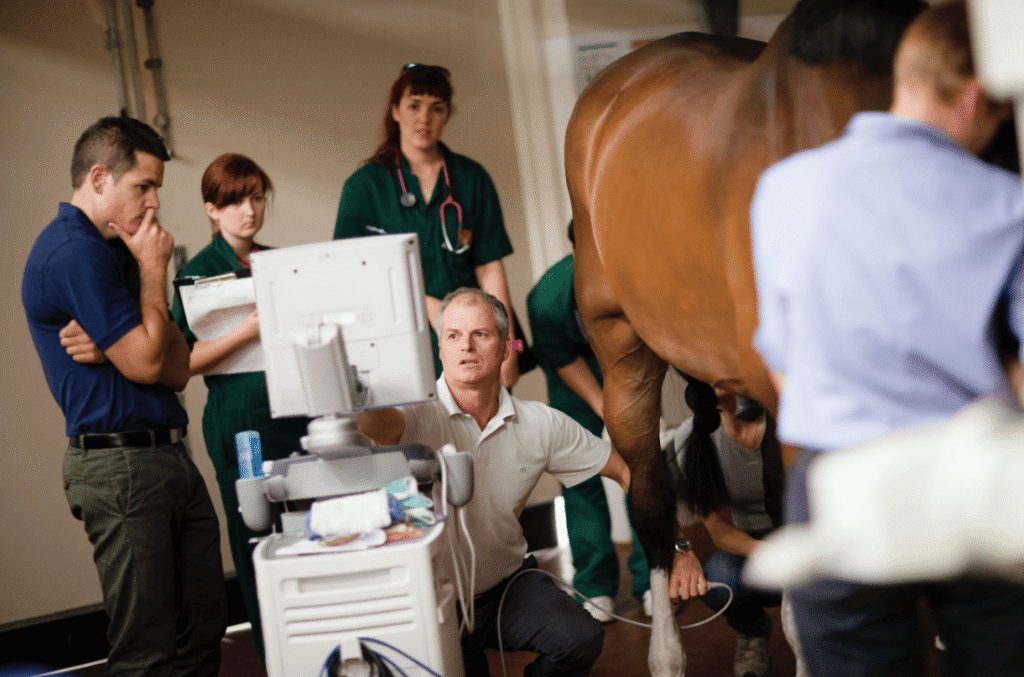
Wrapping Up
Accreditation and licensing are critical for ensuring equine veterinary hospitals in Australia deliver high-quality, ethical care. Horse owners need to verify credentials, visit facilities, and understand specialized certifications, in order to choose a hospital that meets their horse’s needs.
FAQ: Accreditation and Licensing for Equine Veterinary Hospitals
What is the difference between licensing and accreditation?
Licensing is a mandatory state requirement ensuring veterinarians and facilities meet legal standards, while accreditation is a voluntary evaluation of excellence in care and operations.
How can I verify a hospital’s licensing?
Check state veterinary board websites, like the Veterinary Practitioners Board of NSW, for registered veterinarians and compliant facilities.
Why does accreditation matter for equine hospitals?
Accreditation, like ASAV or AAHA, ensures advanced facilities and evidence-based care, reducing complications and improving outcomes.
Are specialized certifications necessary for equine care?
Certifications like NVAP or AI Centre registration are crucial for breeding, international transport, or disease control, ensuring compliance with global standards.
What should I ask a hospital about its credentials?
Inquire about state licensing, accreditation status, specialized certifications, and facility standards to confirm their ability to provide high-quality equine care.
Related:
